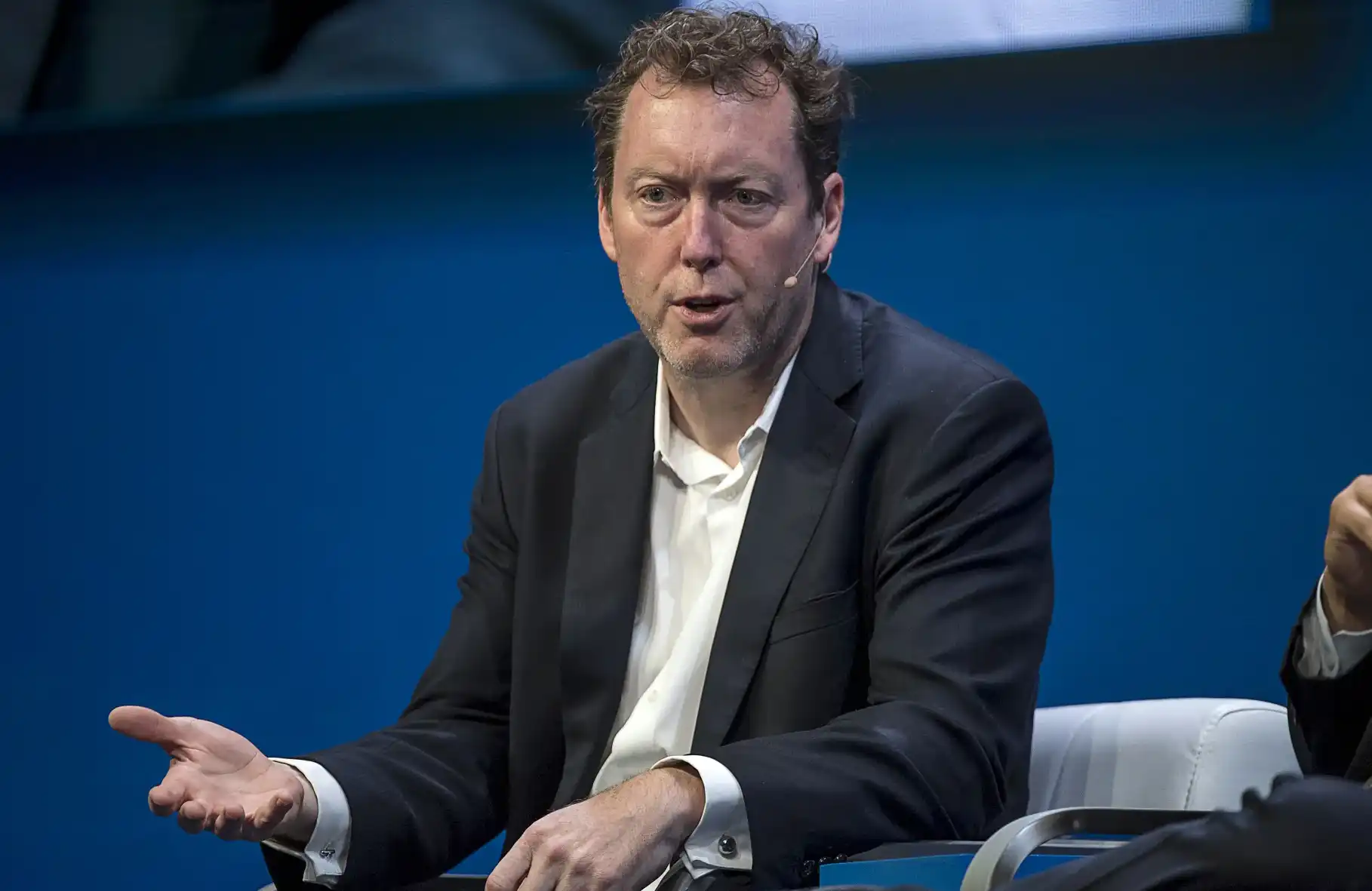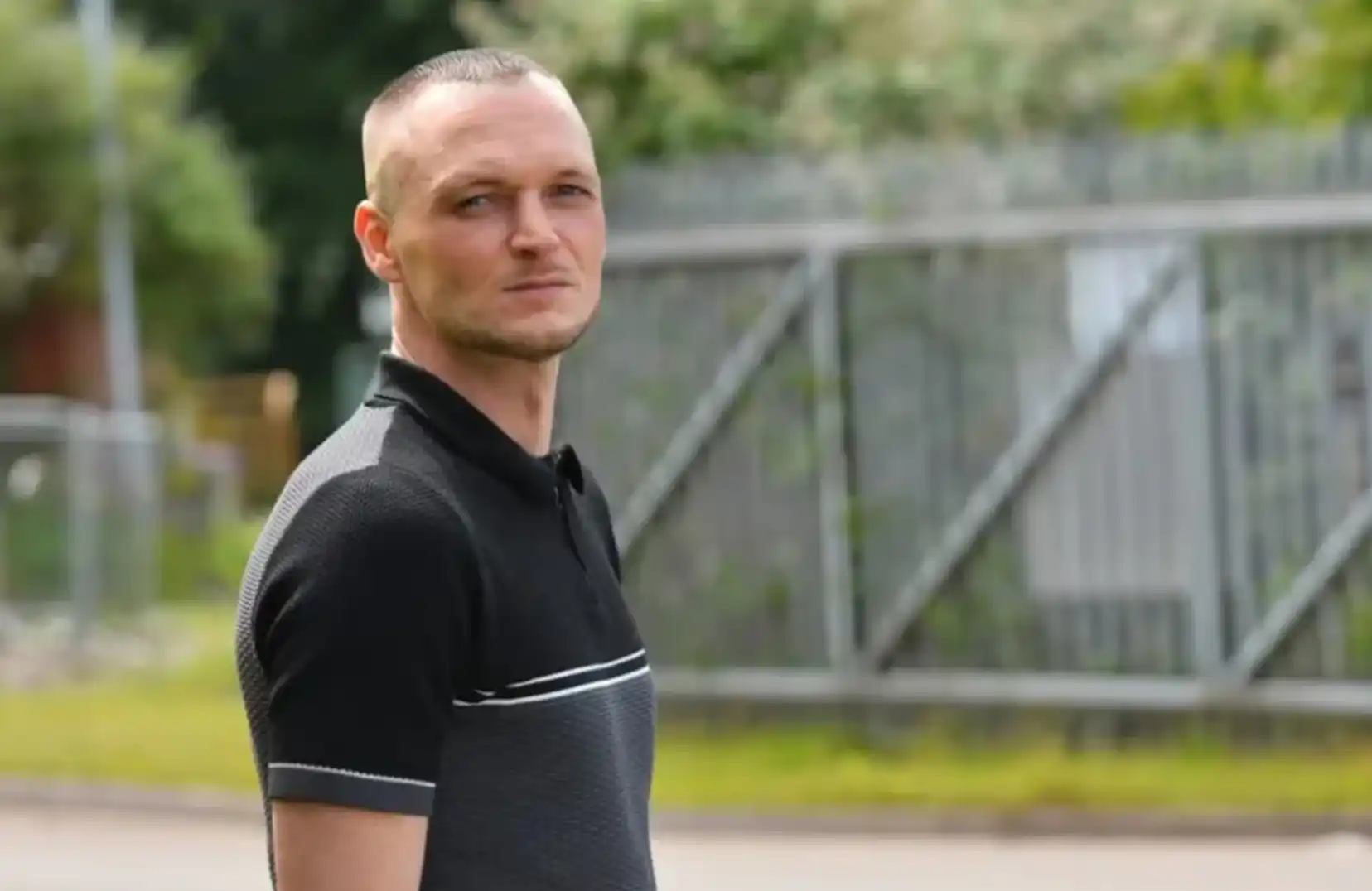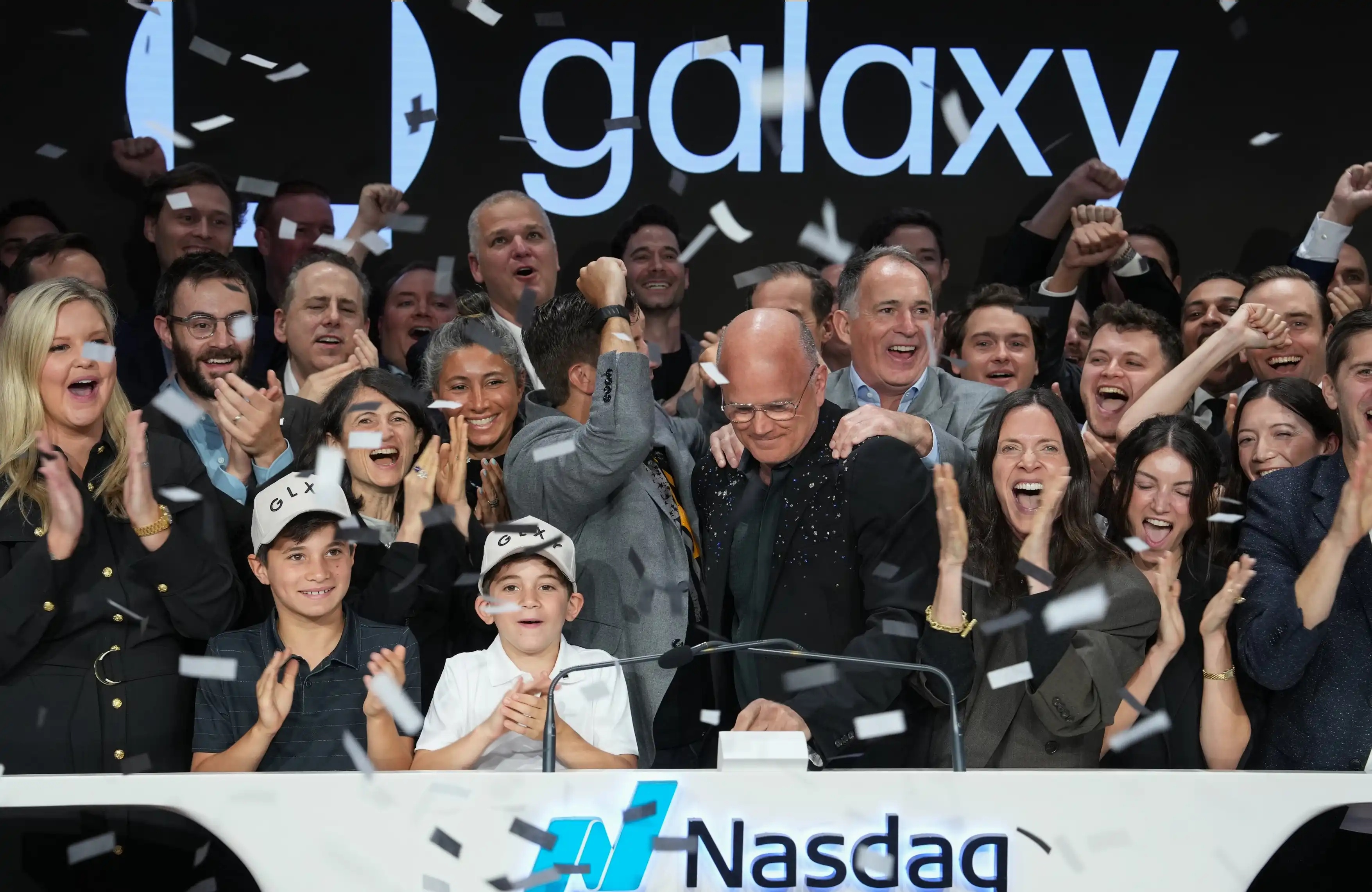8000 Bitcoins Buried in Landfill? UK Man: Let's Stop Digging and Just Fork it
Original Title: "After Digging Through a Landfill for 12 Years, This Man Chooses to Give Up $920 Million"
Original Author: Azuma, Odaily Planet Daily
After a long 12-year search, British man James Howells has decided to give up on finding a hard drive he had once discarded containing 8000 BTC (valued at approximately $920 million based on a price of $115,000 per BTC).
Odaily Planet Daily Note: Regarding the specific amount of lost BTC, although early UK media reports stated 7500 coins, later media reports and Howells' own account mentioned 8000 coins, hence this article will use that figure.
Accidentally Losing 8000 BTC
James Howells was born in Newport, Wales in the 1980s. Influenced by his mother's work in microchip production, Howells was exposed to computer technology at a young age, became a frequent internet user in his teenage years, started building computers at the age of 13, and eventually became a computer engineer.

As early as the end of 2008, Howells came across Bitcoin. On February 15, 2009, Howells started mining Bitcoin using a Dell XPS laptop—recognized by The Daily Telegraph as one of the earliest Bitcoin miners, and The New Yorker pointed out that at the time there were only five miners in the network.
However, Howells' mining venture did not last long because his girlfriend complained about the noise and heat generated by the laptop while mining. In 2010, Howells accidentally spilled lemonade on the laptop, damaging it. Consequently, he disassembled the machine, discarded or sold most of the parts, and left the hard drive containing the private key information for 8000 BTC sitting in a drawer.
Between June 20 and August 10, 2013, Howells mistakenly threw away the hard drive as waste. Howells later mentioned that his then-girlfriend Hafina Eddy-Evans had the trash, including the hard drive, taken to a landfill, but Eddy-Evans claimed that Howells had begged her to dispose of the items, denying any wrongdoing on her part. Howells, on the other hand, stated he subconsciously believed she was responsible for it.
Howells later recalled: "I didn't pay much attention to Bitcoin at the time because I was distracted. Then I had a few kids, and started doing the house up, and forgot all about it, until it resurfaced in the news."
In November 2013, The Guardian reported speculations that the hard drive had been buried in a landfill site in Newport Docksway about 0.9-1.5 meters deep, and Howells himself admitted in that interview that these BTC was likely permanently discarded.
Subsequently, the Newport City Council indicated that the hard drive may be buried under 25,000 cubic meters (about 110,000-200,000 tons) of waste. The former landfill site manager confirmed that it was in a 15,000-ton area named Cell-2 (accumulation area from August to November 2013), with a total landfill volume of 1.4 million tons.
Price Surge Hinders Search
As the price of BTC continued to rise, Howells made repeated attempts to search for the hard drive, but was repeatedly denied by the local council for various reasons.
In December 2017, the Newport City Council rejected Howells' search application for the landfill site citing costs, environmental impacts, equipment corrosion risks, and the potential for illegal "gold rush" activities. In January 2021, Howells proposed donating 25% of these bitcoins (worth £52.5 million at the time) to the local population of 316,000 people (£175 per person). However, the council once again refused on the grounds of breaching permit regulations.
A spokesperson for the Newport City Council, in an interview with CNN, stated that since 2013, the local government department has been contacted multiple times inquiring about assisting in retrieving the hard drive containing bitcoins. The council did not refuse this proposal, but rather was not allowed to excavate the site: "The Council has told Mr. Howells on a number of occasions since 2013 that excavation is not possible under our licencing permit regulations and that excavating the landfill would have a huge environmental impact on the surrounding area. The cost of digging up the landfill, storing and treating the waste could run into millions of pounds, without any guarantee of either finding it or it still being in working order."
However, Howells at this point insisted that the hard drive could still function properly under the protection of the casing and corrosion-resistant cobalt coating on the glass platters—after all, with the value of these Bitcoins skyrocketing, no one can easily give up such a large fortune.
In order to obtain council access to the landfill site, Howells had previously drafted multiple detailed plans to address the council's concerns. During this period, a hedge fund had expressed interest in funding Howells (with a 50-50 profit split arrangement), with a plan to locate the hard drive through municipal waste records and have a professional data recovery team handle it. At that time, Howells budgeted £5 million for the period of 9 to 12 months of excavation work. In August 2022, with the assistance of some venture capital funds (with a 30% profit split for the venture capital), Howells upgraded the search plan to use an AI robotic arm to scan waste, deploy drones and Boston Dynamics robot dogs for security, establish an environmental team, and the budget increased to £10-11 million.
To maximize community support and consequently obtain the council's search permit, Howells also proposed to use the proceeds to develop a community-owned mining facility on the landfill site, which would be powered by solar or wind energy.
On September 6, 2023, after a prolonged unsuccessful application process, Howells instructed his legal team to issue a public letter to the Newport City Council, stating the intention to file a lawsuit. The letter demanded the city to halt landfill construction, while claiming £446 million in damages and seeking a judicial review of the council's decision to deny site access. Two months later, his legal team sent another letter to the council requesting site access permit before resorting to the court.
By October 2024, the Bitcoin held in the hard drive was valued at $750 million. Howells eventually sued the council for £495 million, but the council argued that under waste disposal regulations, the ownership of the hard drive belonged to the municipal authority.
On January 9, 2025, the judge ultimately dismissed Howells' lawsuit, stating the case was "without merit" and "lacked prospects of success." Howells expressed his "extreme disappointment" to the media but revealed his new plan to launch a new cryptocurrency backed by these unrecoverable bitcoins.
Search in Vain, Seek a New Path
As he was unable to secure council entry permit, Howells eventually decided to abandon the search work but chose another potential path.
As early as May this year, Howells had disclosed his intention to tokenize 21% of these 8,000 BTC, aiming to launch during TOKEN 2049 in Singapore on October 1, with a fundraising target of $75 million… However, in the subsequent months, Howells failed to mention this again on his social media channels, indicating the plan may have fallen through—after all, everyone knows that recovering BTC is highly unlikely, and attempting to raise $75 million seems a bit unseemly.

This morning, Howells once again revealed a new plan for tokenizing his BTC, announcing the issuance of 800 billion Ceiniog Coins (INI). The token, planned to be proposed by the end of the year, will be built on the Bitcoin network, supported by OP_RETURN, and integrated with Stacks, Runes, and Ordinals, with each INI coin pegged to the value of 1 satoshi in that BTC...

Howells ended with a rather passionate declaration: "To all the senior and distinguished gatekeepers who have been blocking me for over a decade: you can lock the gates! You can control the courts! But you cannot stop the blockchain! Cryptocurrency has already won!"
However, considering the fact that the hard drive is still unrecoverable, and even though Howells describes it so beautifully, INI has no asset backing in reality. The future of this plan remains a big question mark.
Cryptocurrency may win, but Howells's token issuance is highly unlikely to.
Welcome to join the official BlockBeats community:
Telegram Subscription Group: https://t.me/theblockbeats
Telegram Discussion Group: https://t.me/BlockBeats_App
Official Twitter Account: https://twitter.com/BlockBeatsAsia
 Forum
Forum
 Finance
Finance
 Specials
Specials
 On-chain Eco
On-chain Eco
 Entry
Entry
 Podcasts
Podcasts
 Activities
Activities
 OPRR
OPRR









